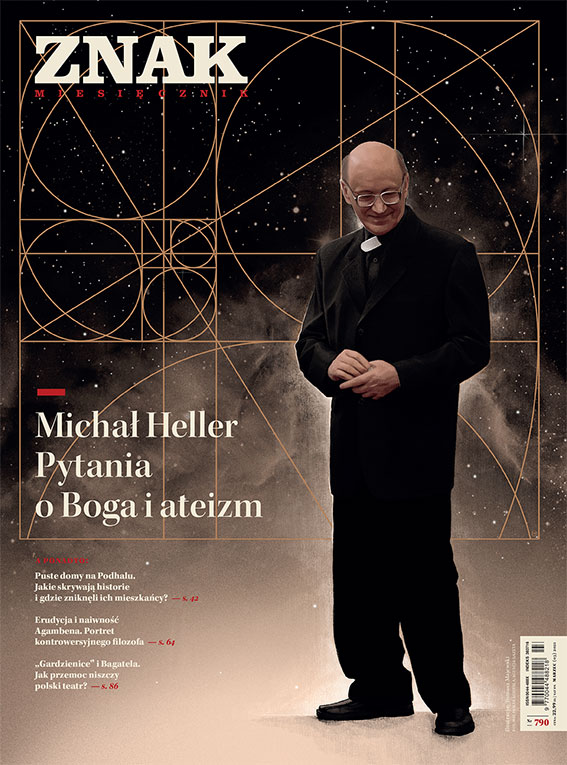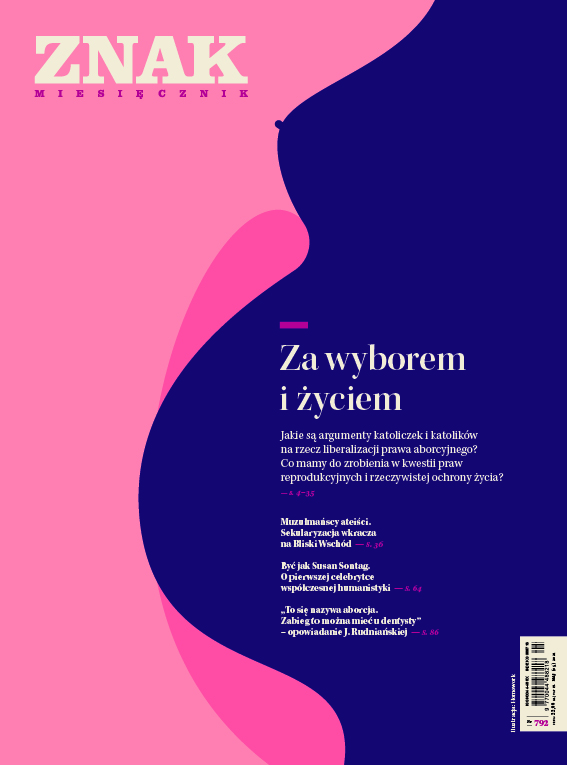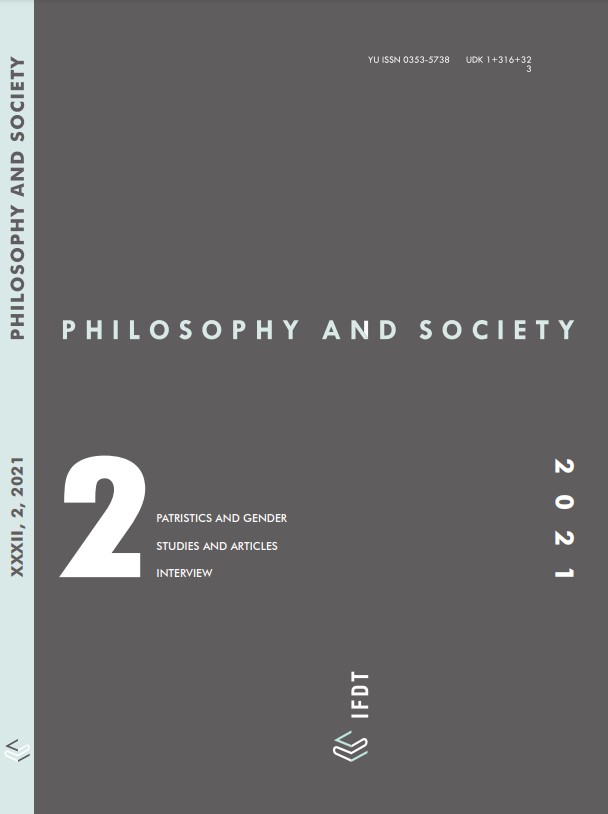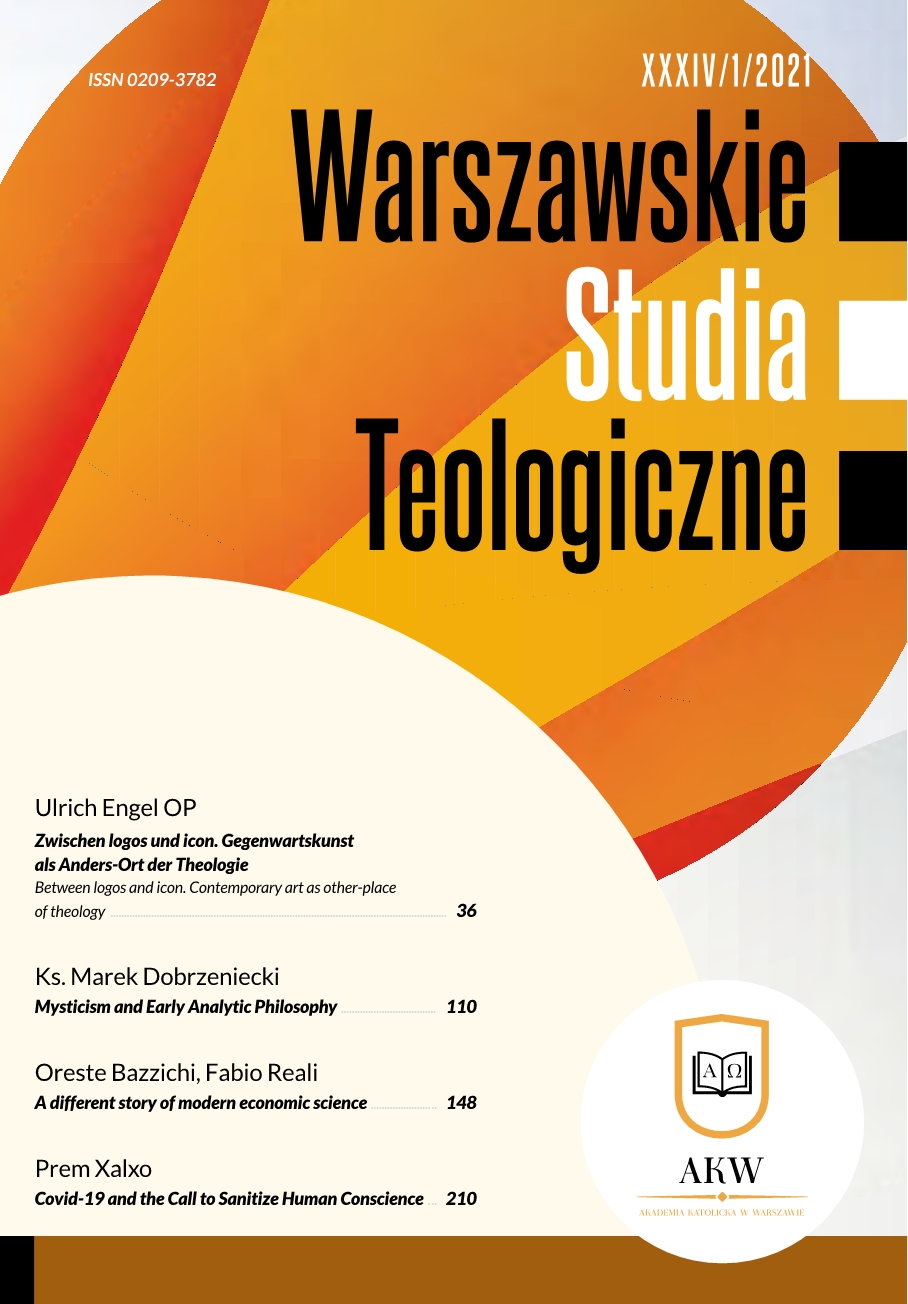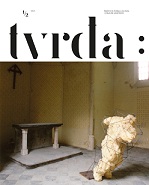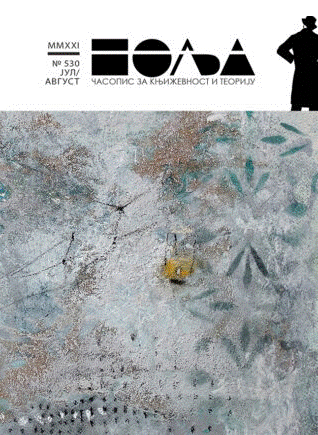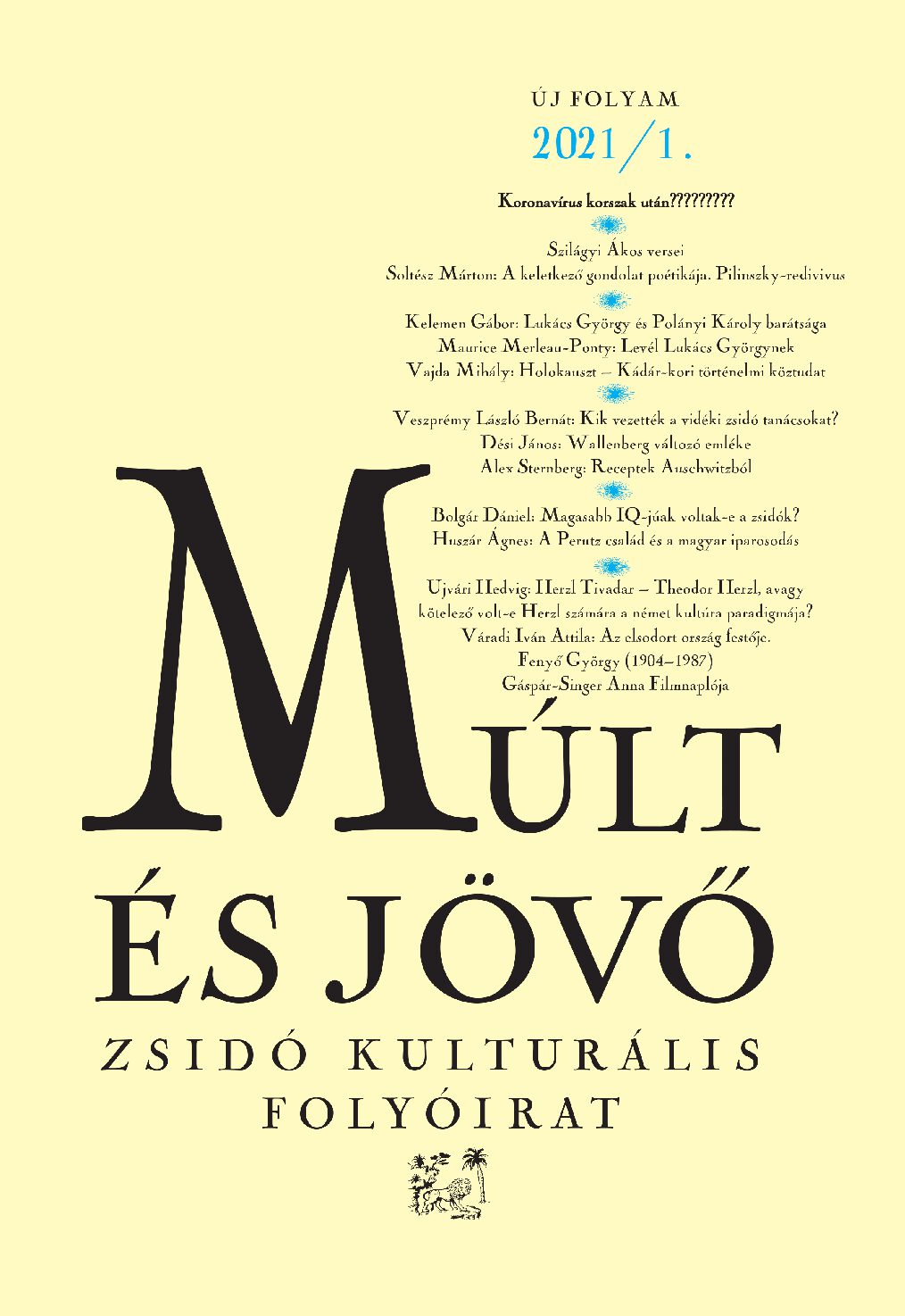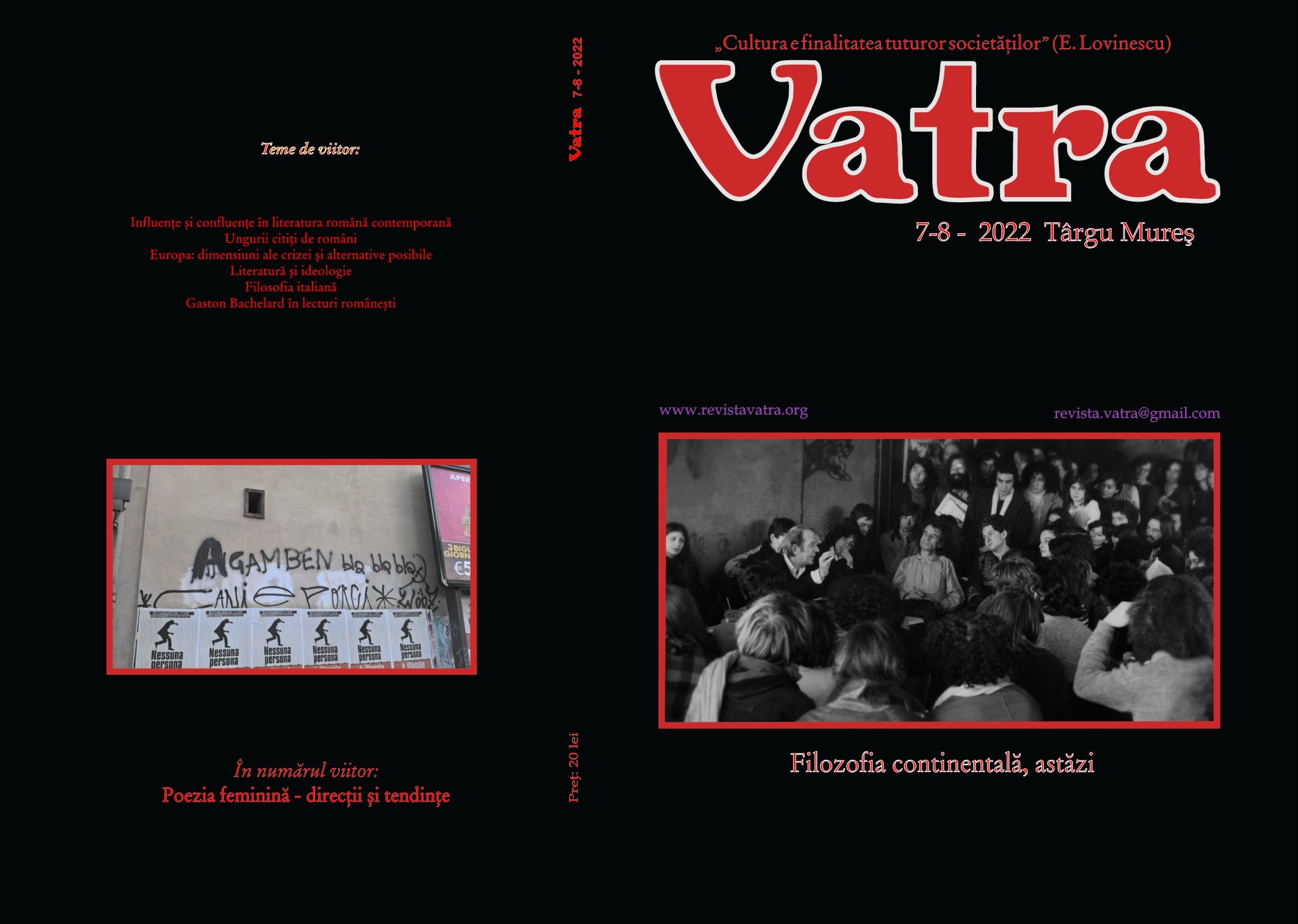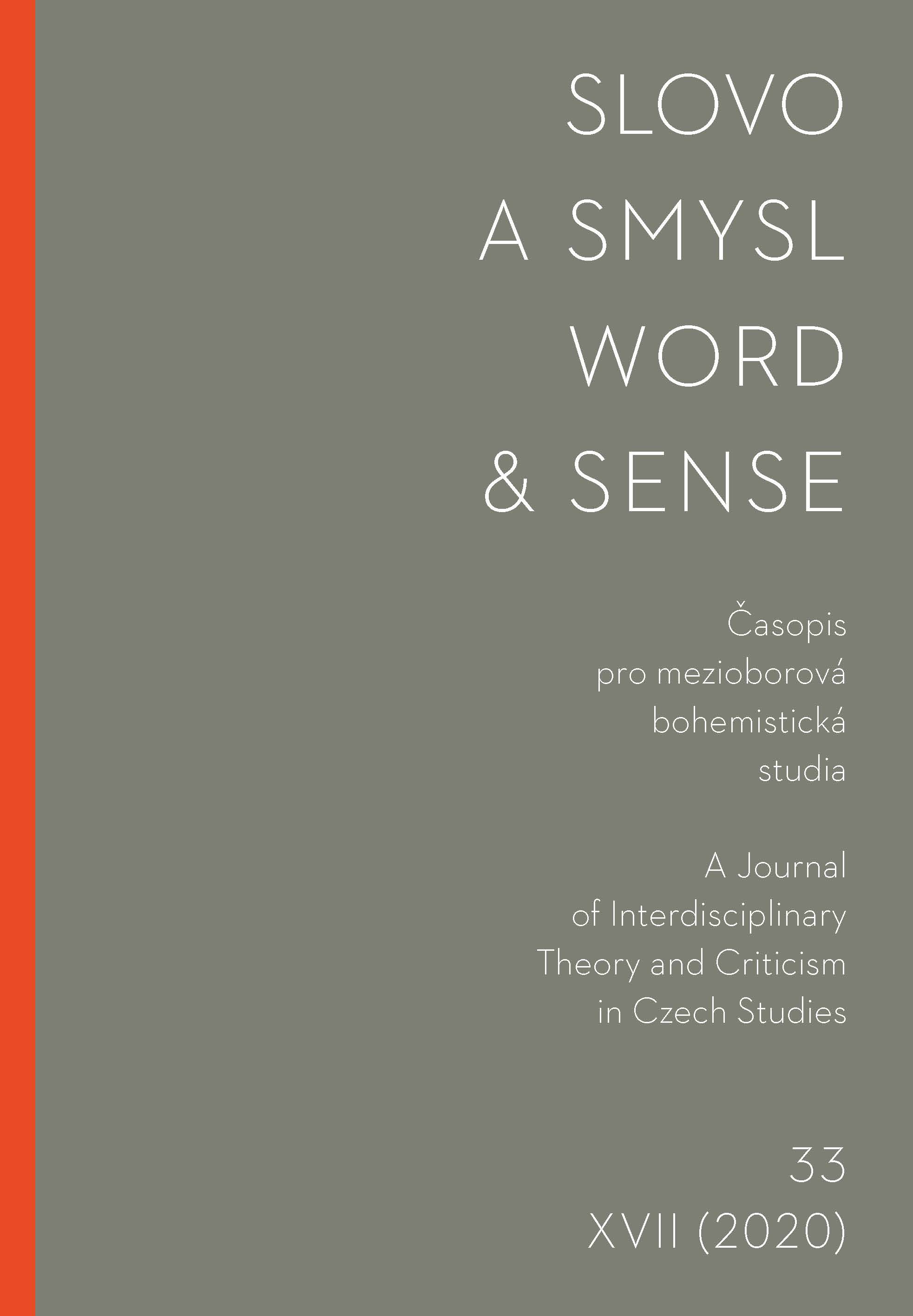
Jak zabít utrpení.
This article examines Klíma’s concept of so-called egodeism, attempting to interpret it as a rigorous thinking through of the problem of suffering. It’s a problematic that draws from the various traditions (Buddhism, Stoicism, Schopenhauer) that Klíma builds on. The aim is to show that, while Klíma’s egodeism is more problematic thought experiment than coherent theoretical concept, the path by which Klíma reaches egodeism is philosophically legitimate. The author indicates how Klíma develops his ideas by way of modern metaphysical idealism (Berkeley, Schopenhauer), as well as the more problematic stages of his progress (so-called extended Kantianism). As Klíma has been described as an epigone of F. Nietzsche, the author also — using comparative method — focuses on several aspects by which Klíma may be distinguished from Nietzsche. To some extent, J. Patočka’s concerns are discussed as well.
More...
